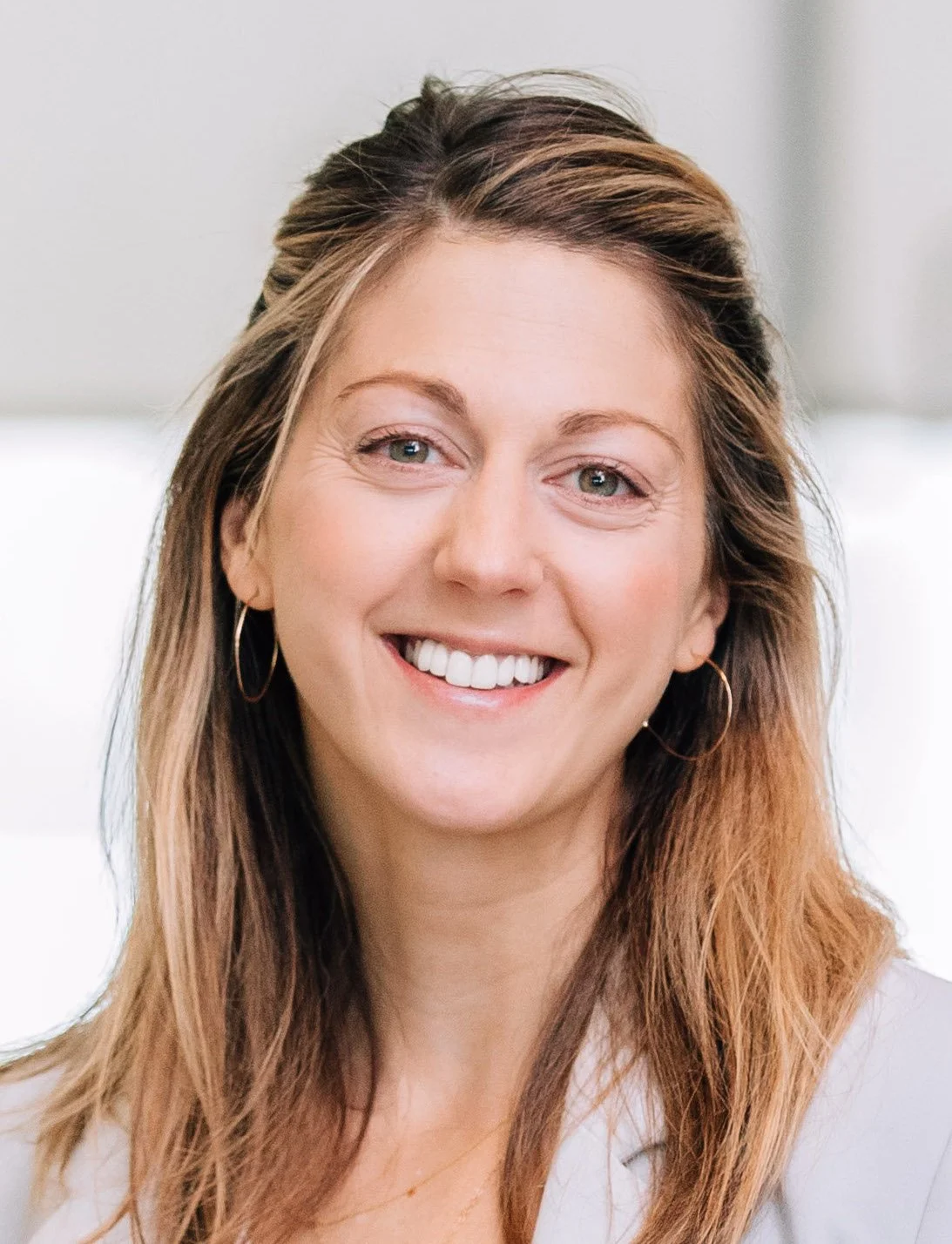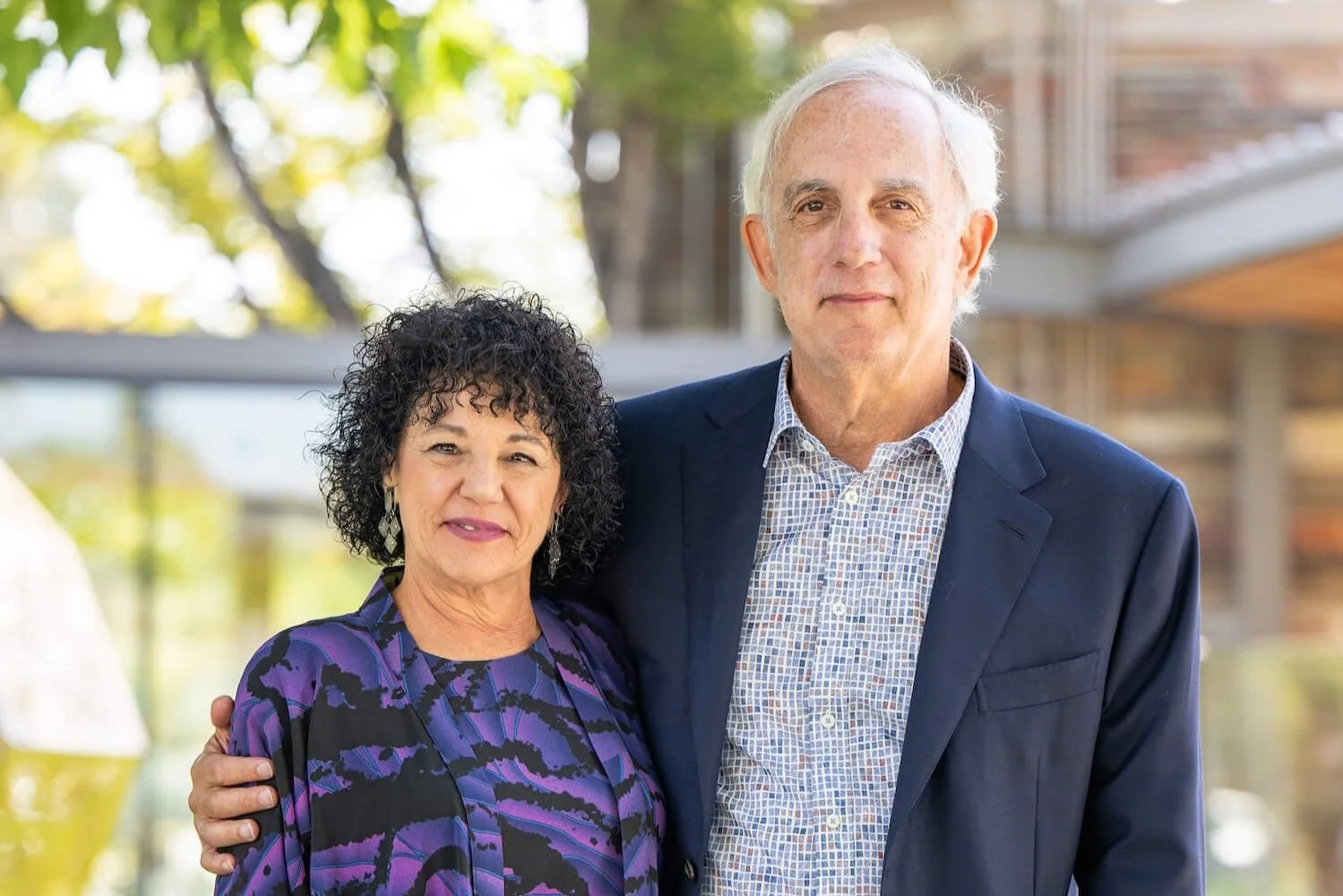Not Just Sci-Fi: A Tech Couple Works To Achieve Immortality
/Quick Shot/shutterstock
Martine Rothblatt has the kind of robust pedigree consistent with many technology winners we write about. The 64-year-old received a trifecta of degrees—a BA, JD, and MBA—from UCLA, and also earned a Ph.D. in medical ethics from the Royal London School of Medicine and Dentistry. She launched Geostar, a groundbreaking car-navigation system, co-founded satellite radio pioneer Sirius XM, and designed the world’s first electric helicopter, as well. When Martine’s daughter was diagnosed with pulmonary arterial hypertension and received a grim prognosis, Martine pivoted to the biotechnology space with United Therapeutics, which sells FDA-approved pills to help people with the disease. These days, the company’s pig “pharm” in Virginia is the world's largest cloner of pigs.
For all her efforts, Martine’s net worth has been estimated at $340 million by Forbes. Like other tech millionaires, Martine and her wife Bina are philanthropic, though the couple don’t exactly engage in your run-of-the-mill giving. Instead, they exemplify a major strain of tech philanthropy: the quest for innovative and "disruptive" progress. But they take things even further.
Martine and Bina Rothblatt’s Terasem Movement Foundation (TMF), headquartered in rural Vermont and powered entirely by solar panels, feels like something out of Total Recall or Netflix’s recent sci-fi cult hit Altered Carbon. I recently spoke with TMF’s sole full-time staffer, Managing Director Bruce Duncan, about the couple and the story behind their unconventional work.
Surprisingly, one of the first words Duncan used in our conversation was “love.” The Rothblatts have been married for some 35 years now, first meeting when the young technologist met Bina, a Compton, California, native, at a club in Los Angeles. Duncan says that their first big idea together was Sirius, followed by United Therapeutics. Their third big idea was spearheading the Terasem Movement, a transhumanist school of thought focused on promoting joy, diversity and the prospect of technological immortality via mind uploading and geoethical nanotechnology.
Got all that?
While this seems like the stuff of science fiction, some deep-pocketed individuals and corporations are engaging in this emerging space. In 2013, Google backed a new research and development biotech company, Calico, devoted to life extension. One of Calico’s advisers is Google Director of Engineering Ray Kurzweil, one of the nation’s most prominent popularizers of the idea of digital immortality. Peter Thiel is another technologist who is enthusiastic about life-extending research. It’s not a stretch to see how techies would be interested in the age-old quest for immortality. After all, death is the ultimate unsolved problem.
For its part, TMF aims to explore what it calls the “Terasem Hypothesis,” the possibility of technology capturing the essence of human consciousness (TMF calls the information captured “mindware”) and eventually reanimating it as conscious analogs.
About 10 years ago, the couple met David Hansen of Hansen Robotics, who was making character robots, primarily animatronic busts. The connection resulted in Bina48, a robot with a face that moves, eyes that see, ears that hear and a digital mind that enables conversation. Bina48 serves as the physical manifestation and illustration of Terasem’s concepts. Bina Rothblatt herself volunteered to be a source both physically and psychologically for the project, and Duncan interviewed Bina the human for about 100 hours.
A perfect clone Bina48 is not, however. These days, the “robo-celebrity," as Duncan calls her, travels around the world. She’s done TED Talks and been interviewed by the likes of Morgan Freeman. Bina the human, meanwhile, prefers to fly under the radar. And she doesn’t know a lick of German, a language Bina48 picked up touring with Duncan, who speaks some.
TMF launched Lifenaut.com, which allows people around the world to store and share information such as text, files, images, photos, video, sounds, musical works, works of authorship, and other materials to create a computer-based avatar of themselves. Anyone with connection to the internet can create their own mindfile for free. Indeed, the idea that this work wouldn’t just be an elite enterprise is very important to the Rothblatts. TMF is engaged in a campaign to raise awareness about diversity in AI. “This just isn’t happening very much,” Duncan explains. “There’s rumblings in private sector about representation in AI, but still at very early stage. We still need to be challenging people.”
It’s worth noting that Bina Rothblatt, a founder-director of the World Against Racism, and her robot likeness are African-American. And the name Terasem comes from the Greek word for “Earthseed,” which is also the name for the futuristic religion found in the work of the late black sci-fi writer Octavia Butler. As for Martine Rothblatt, she brings her own personal and complex story of identity. Born Martin Rothblatt into a Jewish family in Chicago, she later had gender-affirming surgery well into adulthood. The couple adopted each others’ children, and along with Bina48, the Rothblatts also hope to create a likeness of Martine so they can continue together forever.
“This is a love story,” Duncan reminds me.
Apart from its work with Bina48 and Lifenaut, the Terasem Movement Foundation also has a media arm, which, last decade, produced the feature sci-fi thriller film 2B: The Era of Flesh is Over. Duncan explains that Martine, as a lawyer and transgendered person, wanted to explore the “idea of discrimination and negative reaction to a robot face and hologram that’s based on us but not quite us… and really challenged notions of what it meant to be human.”
The foundation also engages in public outreach, sending speakers around the world to give talks about this technology. TMF’s Terasem Mind Uploading Project, by the way, was published by Martine in the Journal of Machine Consciousness.
Of late, TMF has also been engaged in a campaign raising donations for Bina48’s continued embodiment and technological development. Duncan says that at least half of these donations will be spent funding technology for veterans, through a new program called Future Technology for Veterans. “It’s not fair to advance robots when humans could use some of that tech,” Duncan explains. By “tech,” Duncan means protheses, including mental prostheses, wheelchairs and more. Bina48 will also be provided with a wheelchair that can climb stairs and raise the user to eye level so they can have more social equity in conversations. A kickoff event on the East Coast in the next few weeks will illustrate this work.
The Rothblatts also have other interests and avenues of giving. Martine has long advocated for LGBTQ rights and has advanced transgender health law standards through her work as a lawyer. Thus far, TMF has relied on the Rothblatts’ support, but Duncan is trying to steer the foundation toward also soliciting donations.
We’ll leave to the reader the question of whether philanthropy should be working to stave off mortality when there is plenty to be done to improve our lives today. Still, TMF’s work with robotic prostheses is intriguing. Ultimately, Marine and Bina Rothblatt are another example of the extraordinary diversity in philanthropy these days. And while their work could be described as highbrow, it’s also is deeply personal. Even if that robot likeness doesn’t fully show it.







































